The Pandemic: Online Education
A student attempts to do online assignments in the dark.
Zoom calls and Teams meetings have been plaguing the world these past couple of years, and education is not immune to the sickness –not even at Denmark High School. Unfortunately, the contagion separating students and teachers wasn’t just physical. Since they weren’t able to be in the same room or even the same building, their relationships began to crumble. Educators struggled to cope with the absence of students in their classrooms, as one teacher said, “I did not want to teach virtual. We didn’t really have an option. I would rather y’all be in front of me.” Relationships are the foundation of teaching and they were not able to be built amidst the pandemic.
This lack of development made it hard for members of Denmark High to attain any higher than base level learning. Hundreds of students were piled on solitary teachers, leaving them with barely enough time and attention to develop lesson plans, let alone have one-on-ones with their students. For many people who go into the profession, the bonds built with students are the reason why they come to work. Covid-19 stole this incentive.
Although there have been advances in technology, specifically engineered for conversation and education during the pandemic, it seems that teenagers aren’t keen on communicating with teachers. “I think instead of utilizing technology to connect, you guys kind of used it as an excuse not to connect with other people,” said a Denmark counselor, recounting numerous times when kids would arrange to have a meeting, then cancel at the last minute, attributing it to a, “tech issue.” This vexed educators who were struggling for students to remain afloat. Teachers were coming into the office with high hopes, craving emotion and warmth to power through their mountains of work, only to be avoided like a deadly disease.
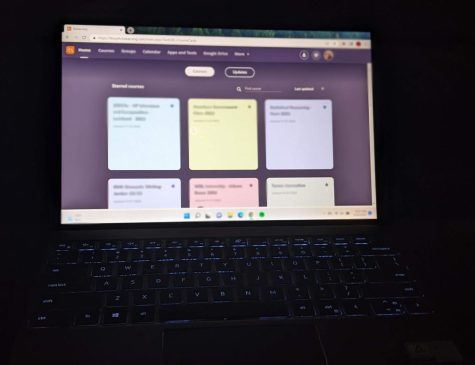
Another teacher spoke on the issue, remembering that, “I tried to do online study sessions when I taught those two years and out of 110 kids maybe 7 or 8 would show up.” This caused extreme frustration among the staff. They were no longer able to be helping hands, even when people were in desperate need of help: most students would simply not take it, as the social component of teaching through technology made them flinch. It’s incredibly difficult to aid people who don’t take advantage of their resources, so, some simply stopped. The same teacher expressed, “The good teachers, the teachers that really care about the students’ engagement, learning, molding them into these voracious readers and learners, those teachers? The ones that are here because they love the connection? The virtual piece is making them quit.” When isolated, when ignored by their cherished students, these teachers are without purpose. It’s not uncommon for them to drop out. So, with lower volume of quality educators and less attempts made on their part, the quality of learning becomes questionable.
However, this reinforced lack of effort on the teacher’s part affected ambitious students as well. When communication was no longer a priority, those asking for it were often shunned. An anonymous student recalled their virtual year saying, “Even when you would message them and you would be like, ‘Hi! I need help!’ they would be like, ‘My office hours are from 12 to 1 pm. Sorry.’ It just became really difficult at the end.” Even the kids who were crying for help would not receive it. Teachers were too burned out to bother attempting interaction anymore. They’d been juked too many times.
It could be asked where students got information, being without guidance and such. A couple teachers had their hunches, the general consensus being: “Very often, kids take classes online because they’re easier to cheat.” This was confirmed from various student sources, each documenting its detrimental ramifications.
My mindset, I feel like I’m stuck in seventh grade. I don’t feel like a sophomore, I feel like an eighth grader. — Anonymous
One student was hit with the pandemic and virtual schooling at the mere age of twelve. They’re still dealing with the symptoms. “In in-person school, you don’t have the resources to openly cheat. In online school, they’re just there,” says the same student who was earlier begging teachers for guidance and was hit with limited office hours. For online students, it’s easier to search for answers on the internet rather than pester overwhelmed teachers for the map to reach them. In subjects such as math, this is disastrous. A perfect example, this forever-twelve student began Algebra I during a virtual year, then turned to programs like Photomath when they couldn’t grasp the concept. “That actually wasn’t very good because algebra is the basis of everything else you learn,” they admit. “That’s why I struggle a bit right now because, for Algebra II, you take concepts from Algebra I and build on them. The thing is, I don’t have those basic foundations to build on. So, I simultaneously have to learn Algebra II and Algebra I.” Perhaps grades were alright during 2020-21 and 2021-22, but kids weren’t laying the structure that’s needed for upper level education; current students come into classes of higher difficulty without the necessary preceding knowledge due to their actions avoiding learning,
While the counseling department doesn’t deal with the actual discipline of misusing resources, the reports come to them and they often witness the consequences. A counselor said that they’ve seen more accounts of students violating the Honor Code in the last two years than ever previously occurred. Even with high caseloads, cheating was taken seriously by the administration. “Unfortunately, during COVID, the impact of cheating affected many students’ outcomes of where they wanted to go to college,” the counselor said. Dishonesty is infecting futures left and right, whether it be through actual action or in its lack.
This counselor does defend online classes, though. They’ve been around, even before the great medical scare of 2020, as an alternative for any student. That being said, there’s a typical type cut out for them: “For the most part, if you look, outcome wise, those aren’t kids who are normally going to, you know, four year college or really wanting work in certain degrees. Those are people who like hands-on work who are just learning so they can get to work.” This is believed to be the best route for them. Even though, as a teacher said, “For those kids that are doing a class that’s just a general ed that they have to check off the list, I guarantee they’re cheating on 80% of the work.” There’s not much value to a student taking a virtual class and breezing their way through just for the sake of a credit, especially if they’re missing skills necessary for the next level. It becomes a cycle of cheating from then on, a twisting, nauseating path to a diploma, filled with open Chrome tabs and complicated calculator apps.

How do you think the site looks? As you read this, I'm probably tinkering around with it, so say nice things. While awards and merit are important, my...


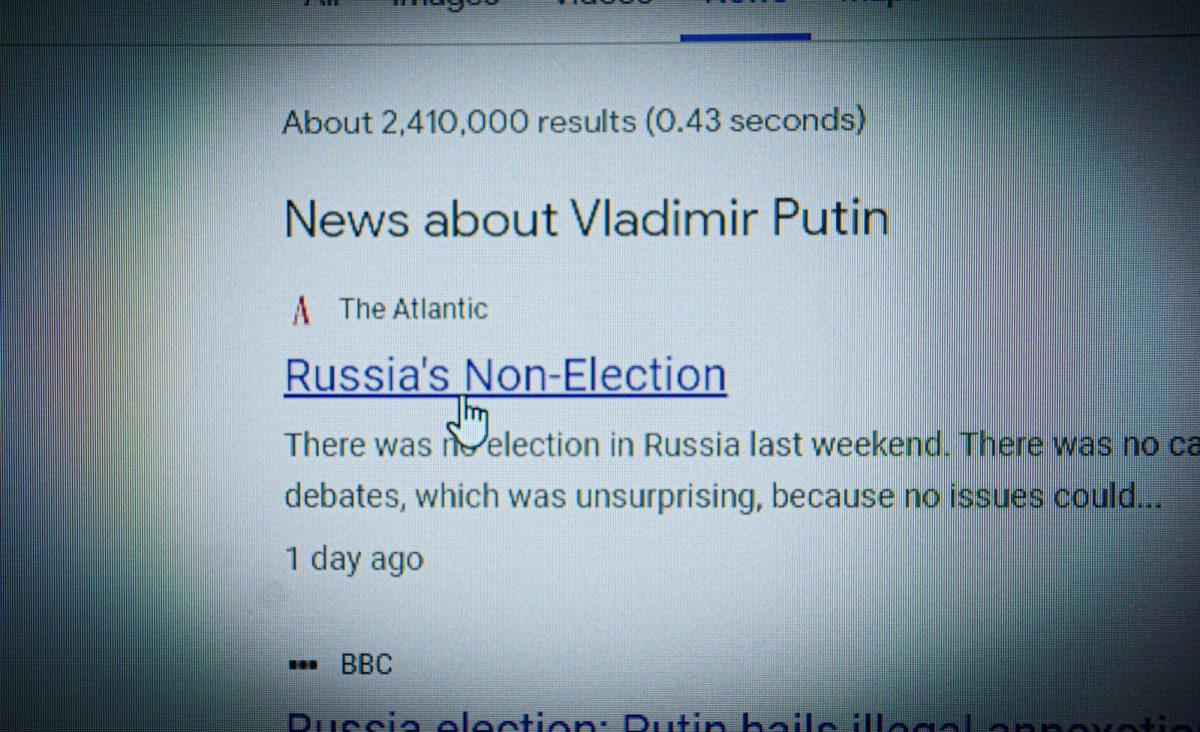
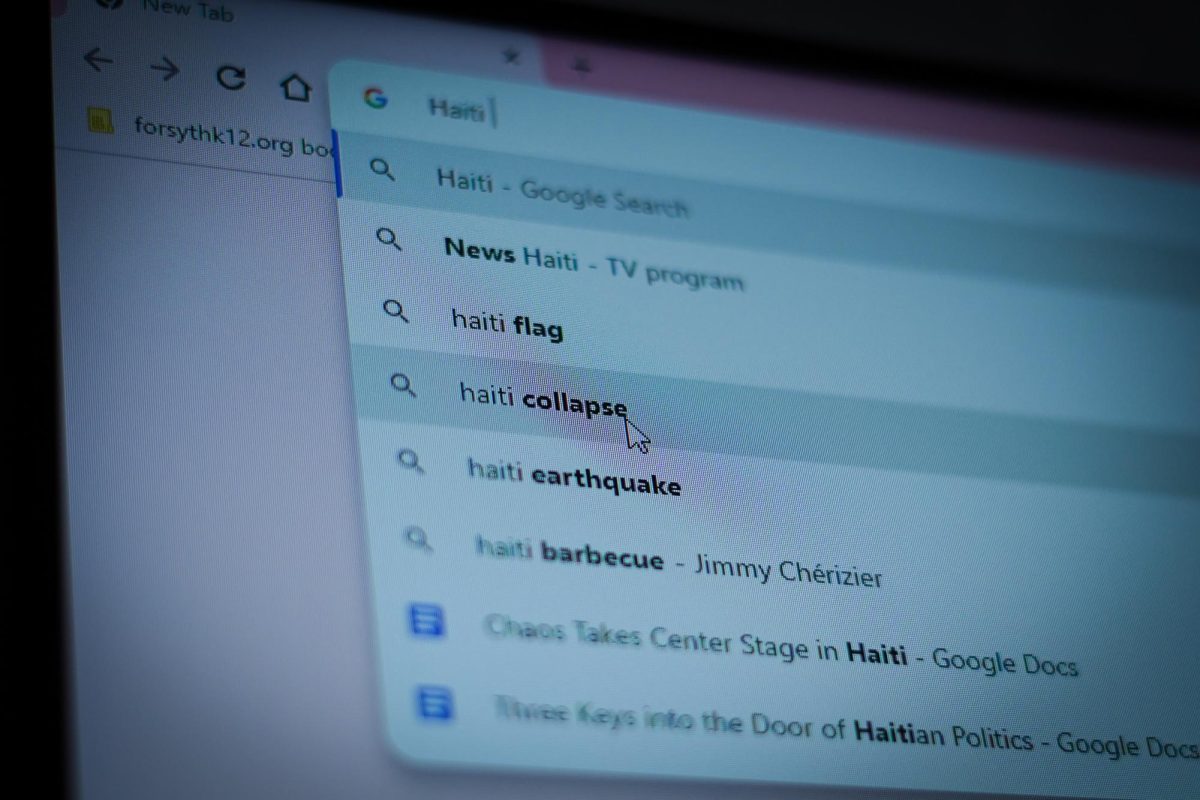
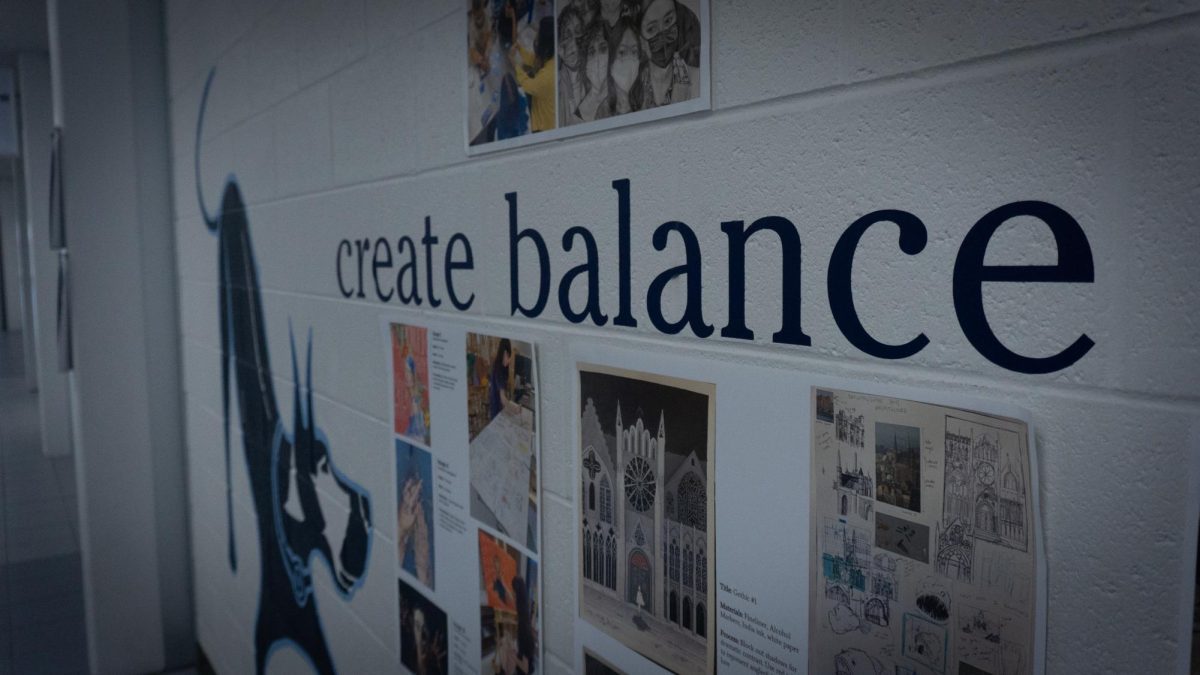
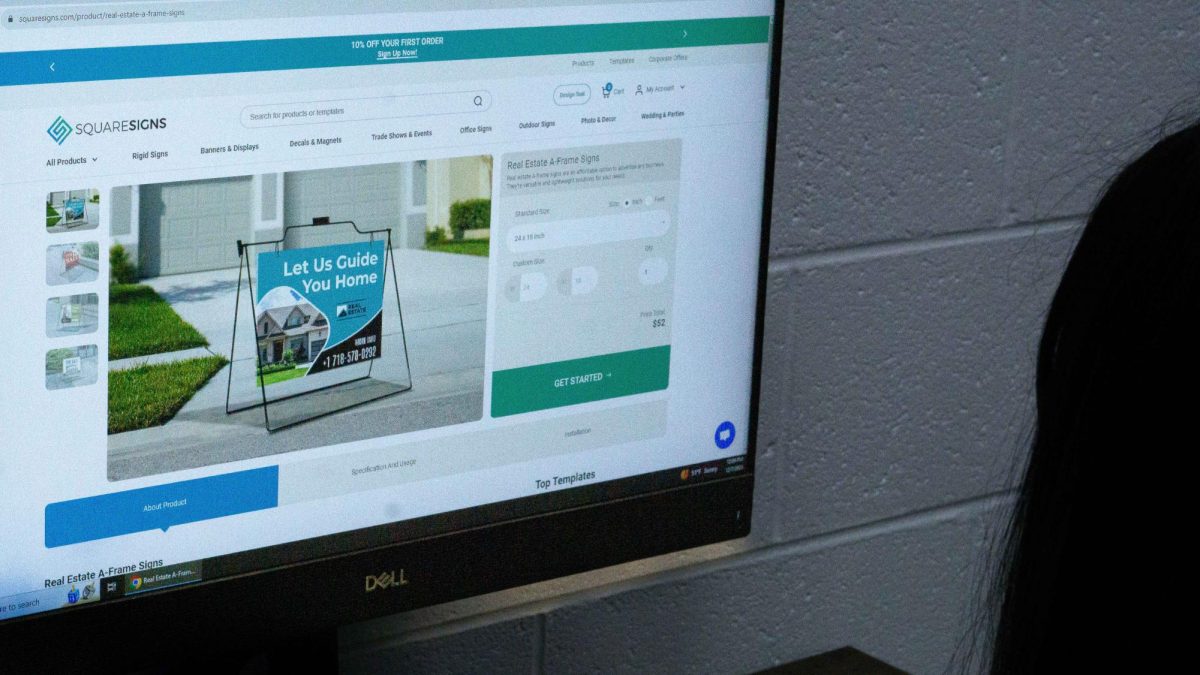
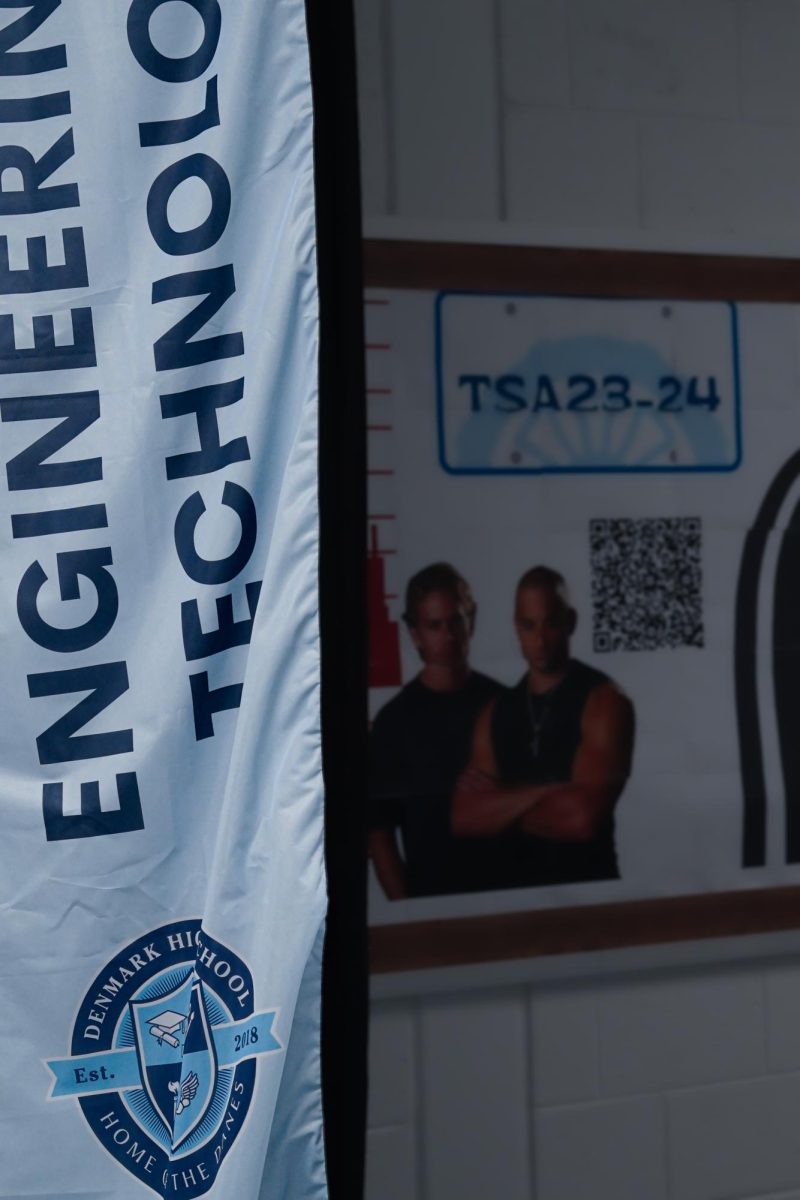

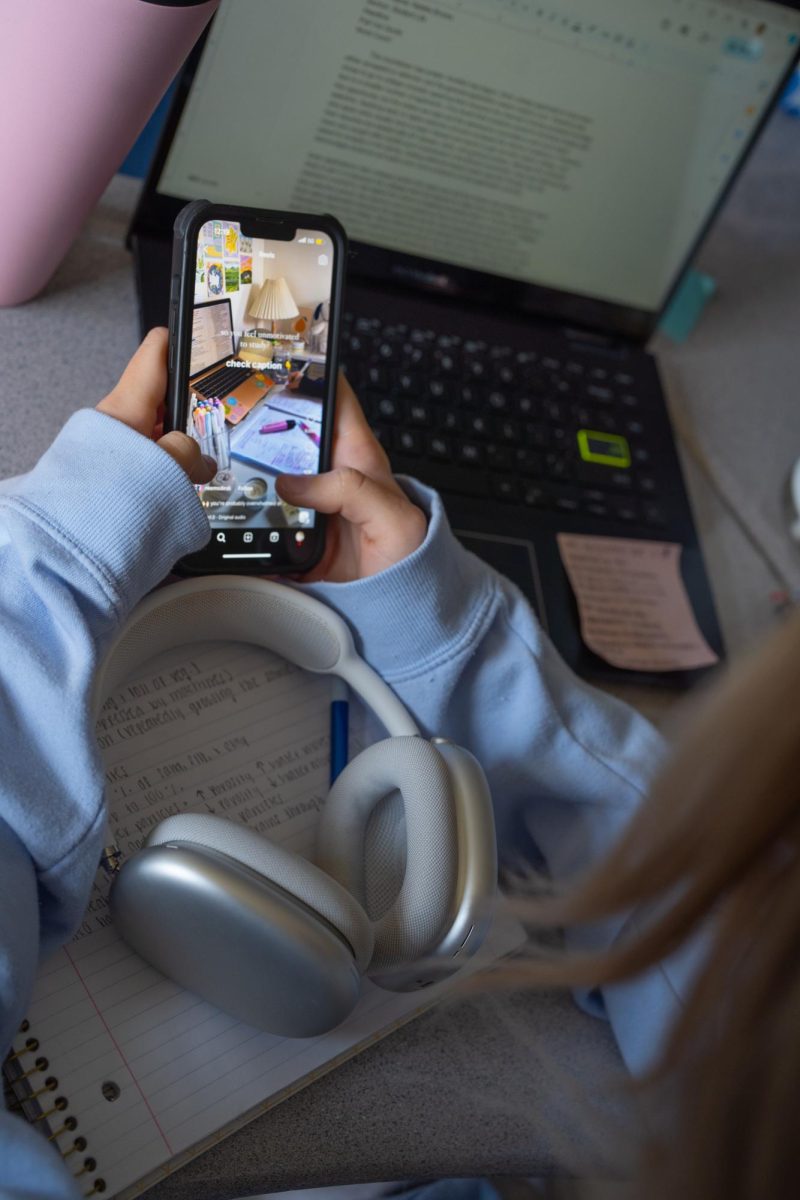
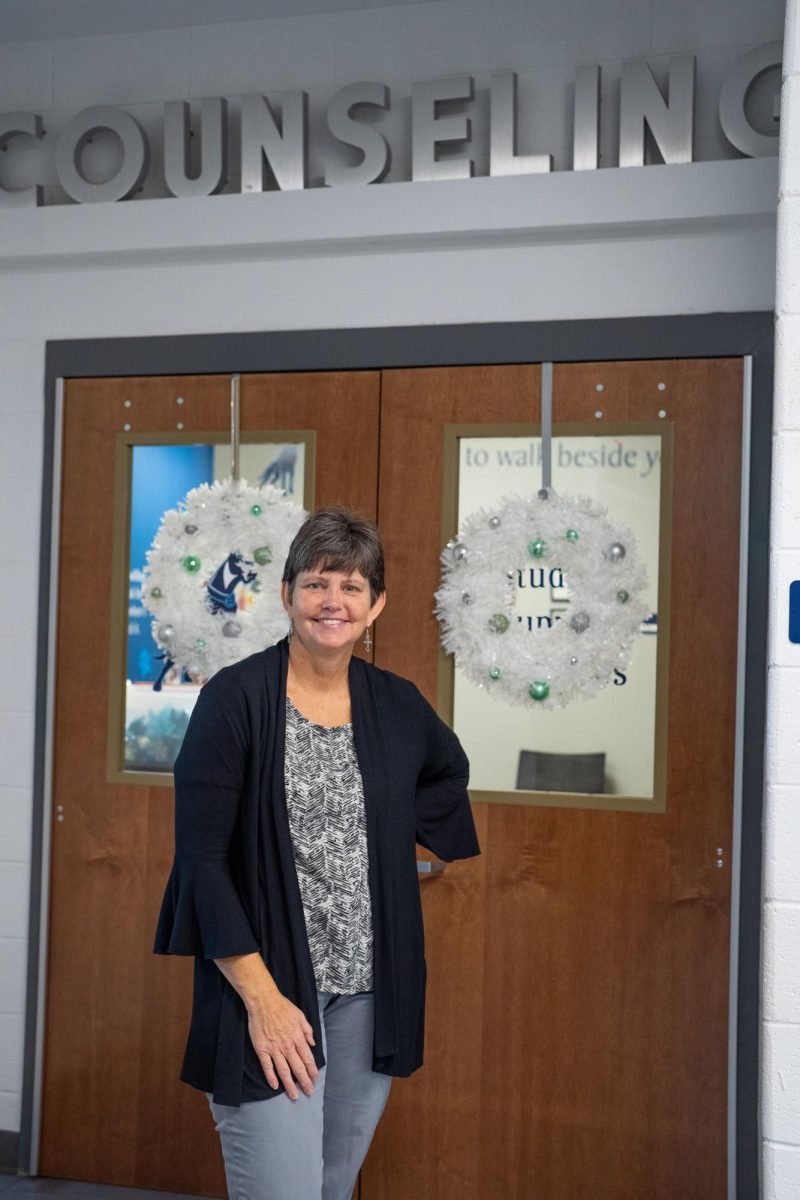



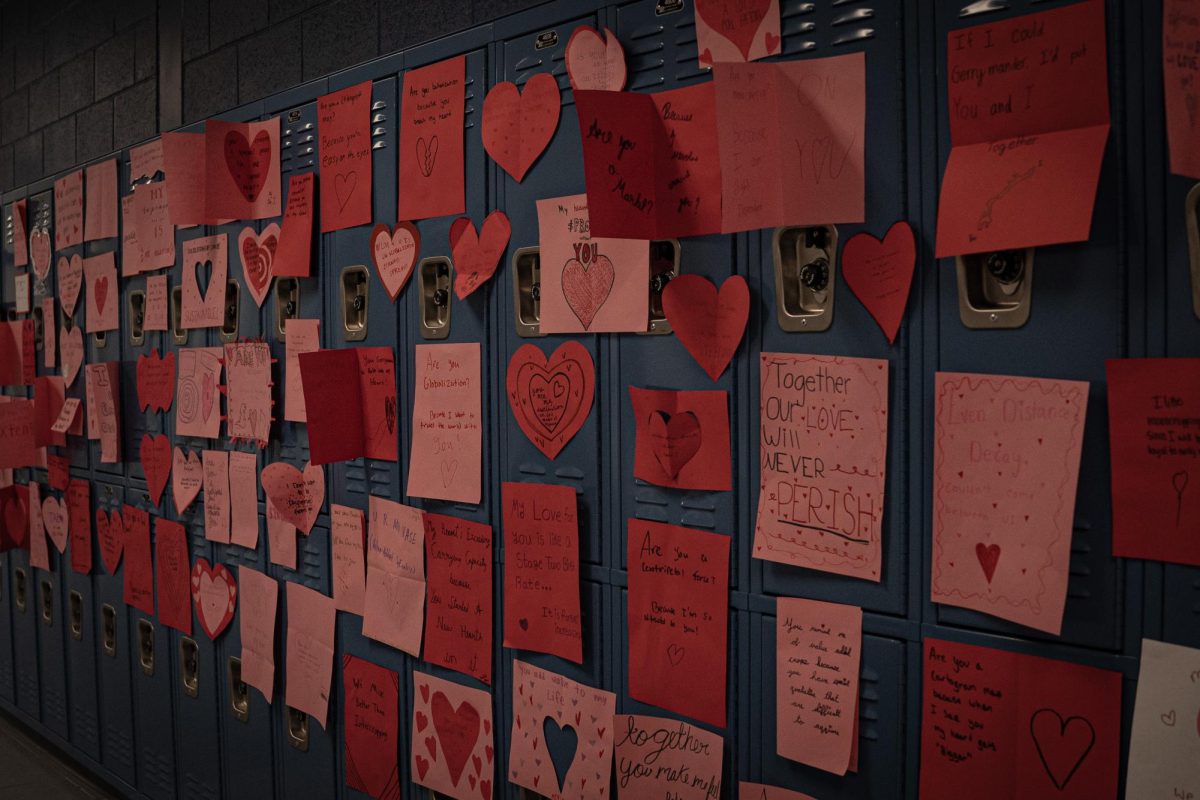

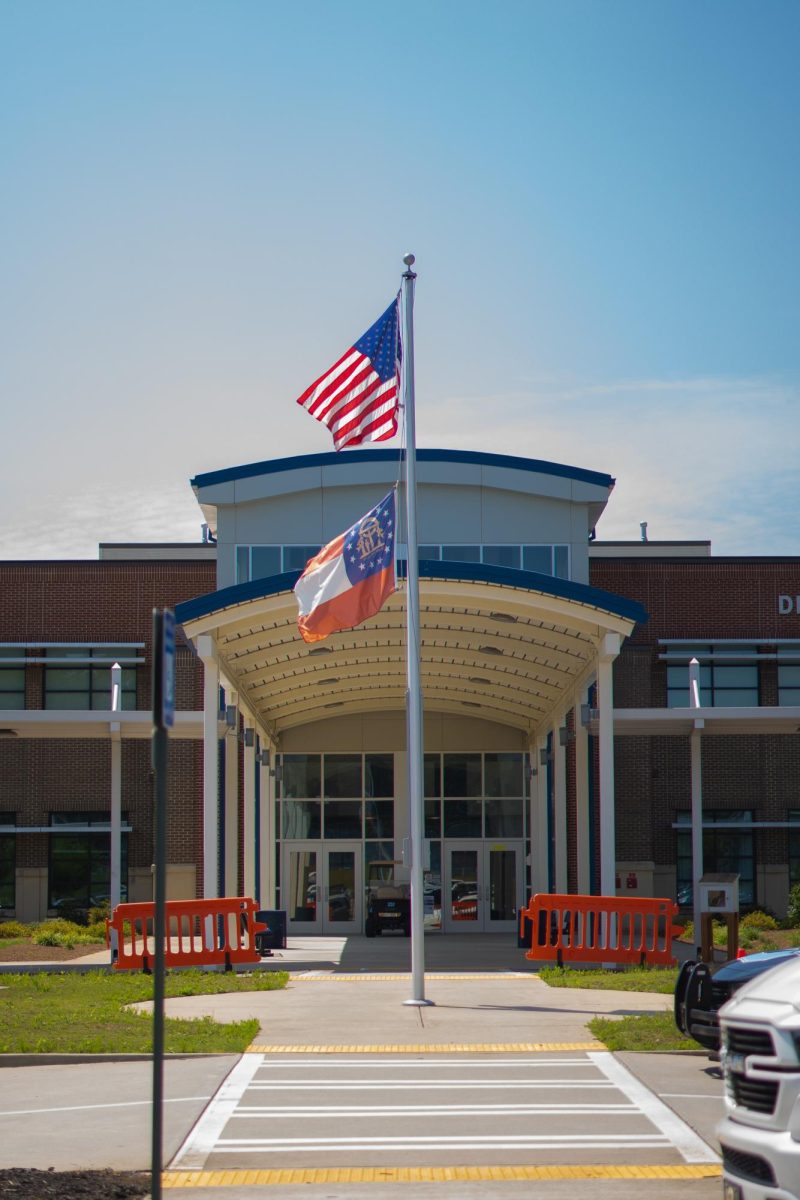
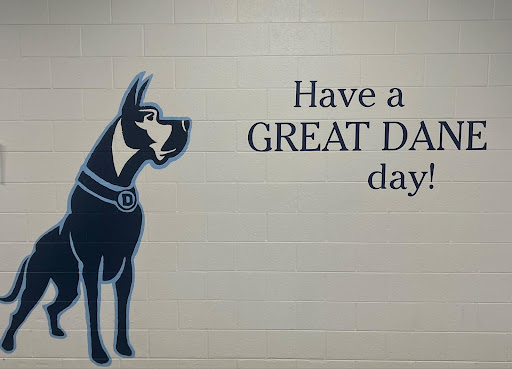

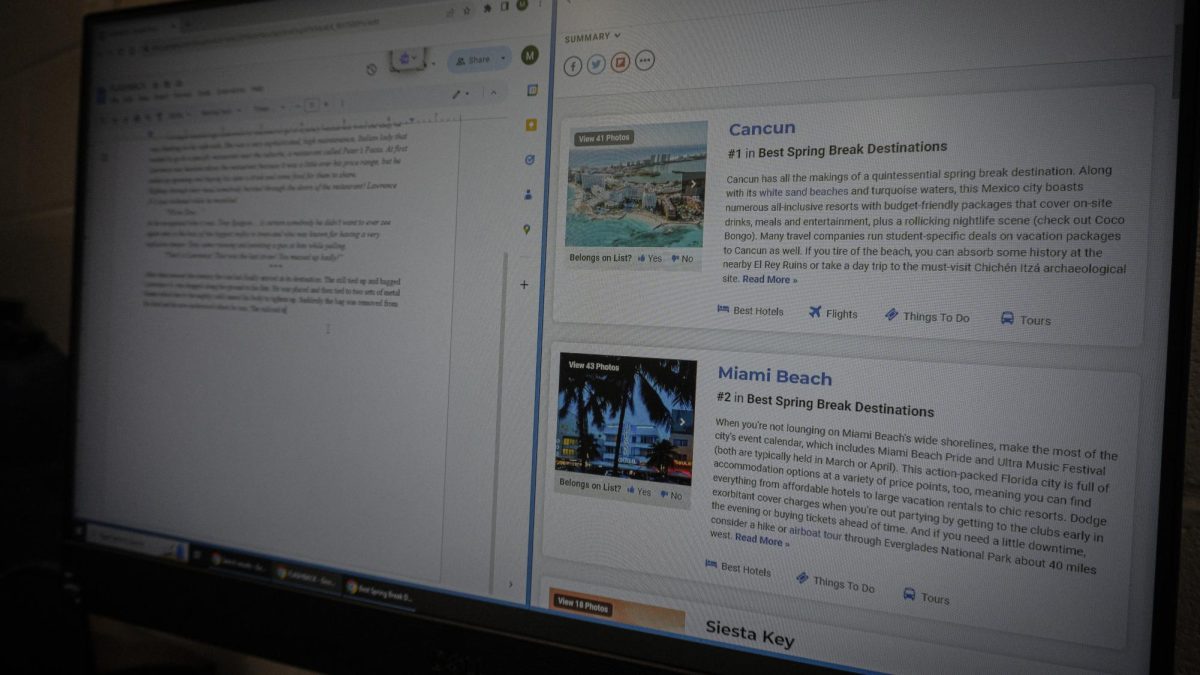
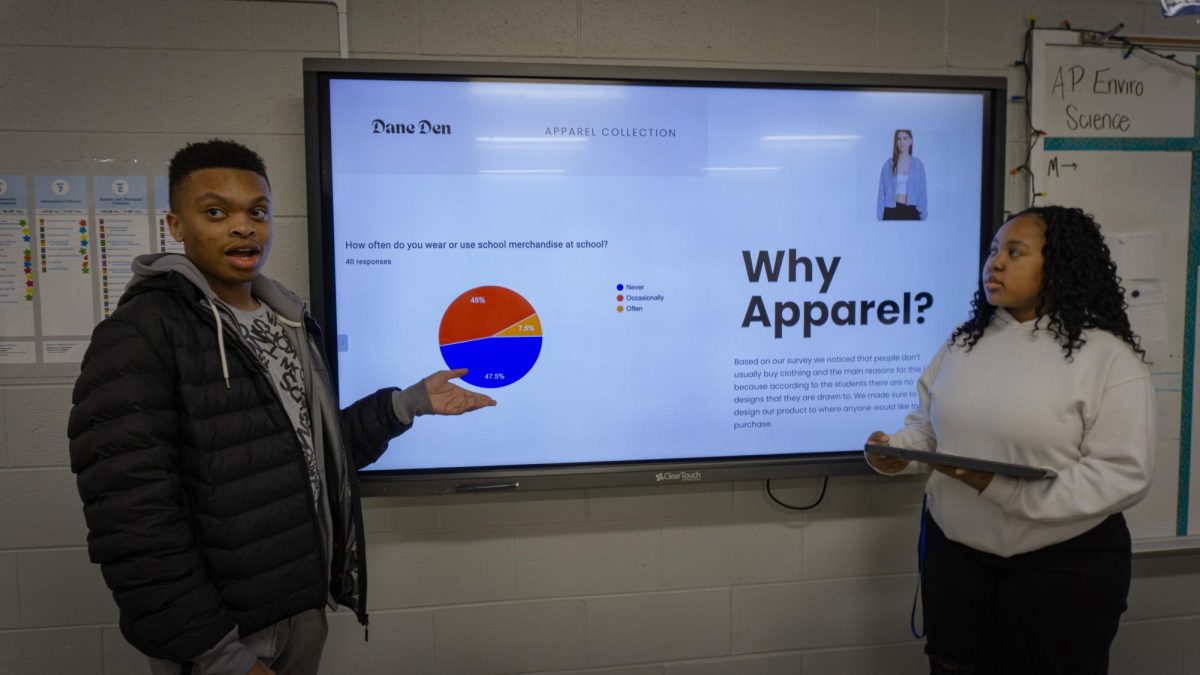
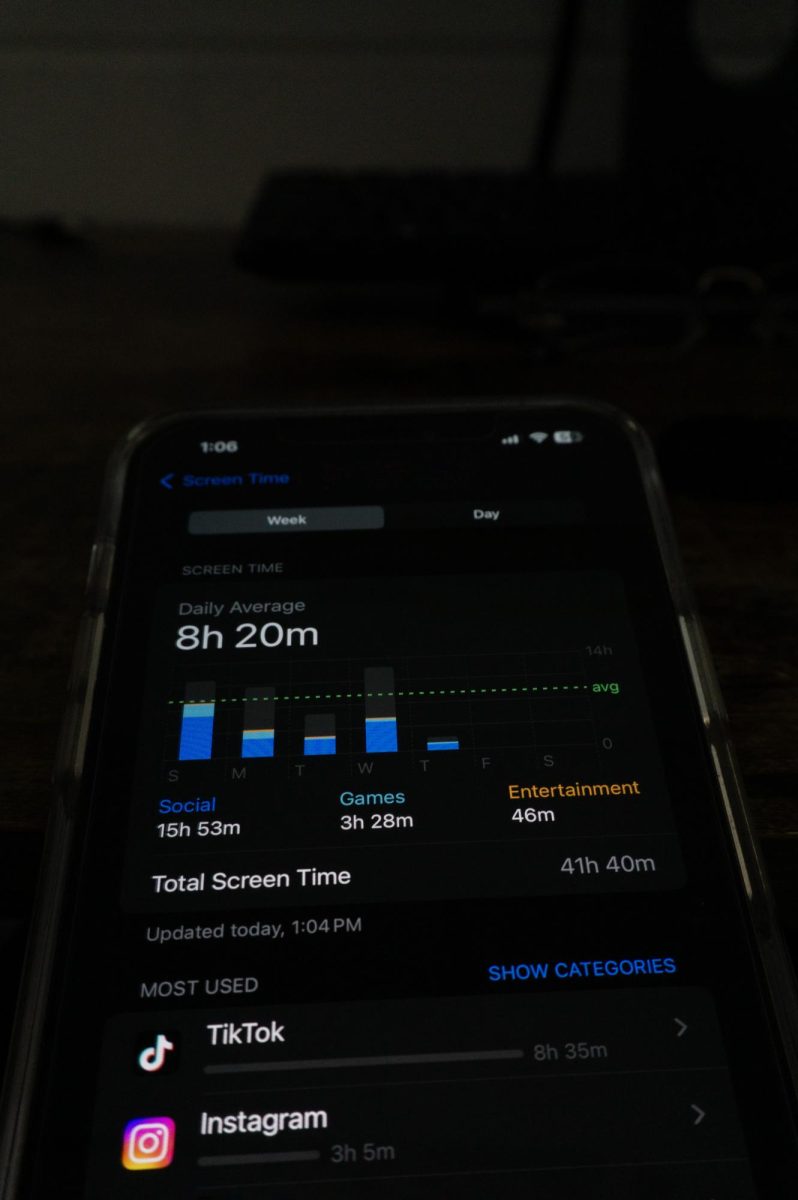
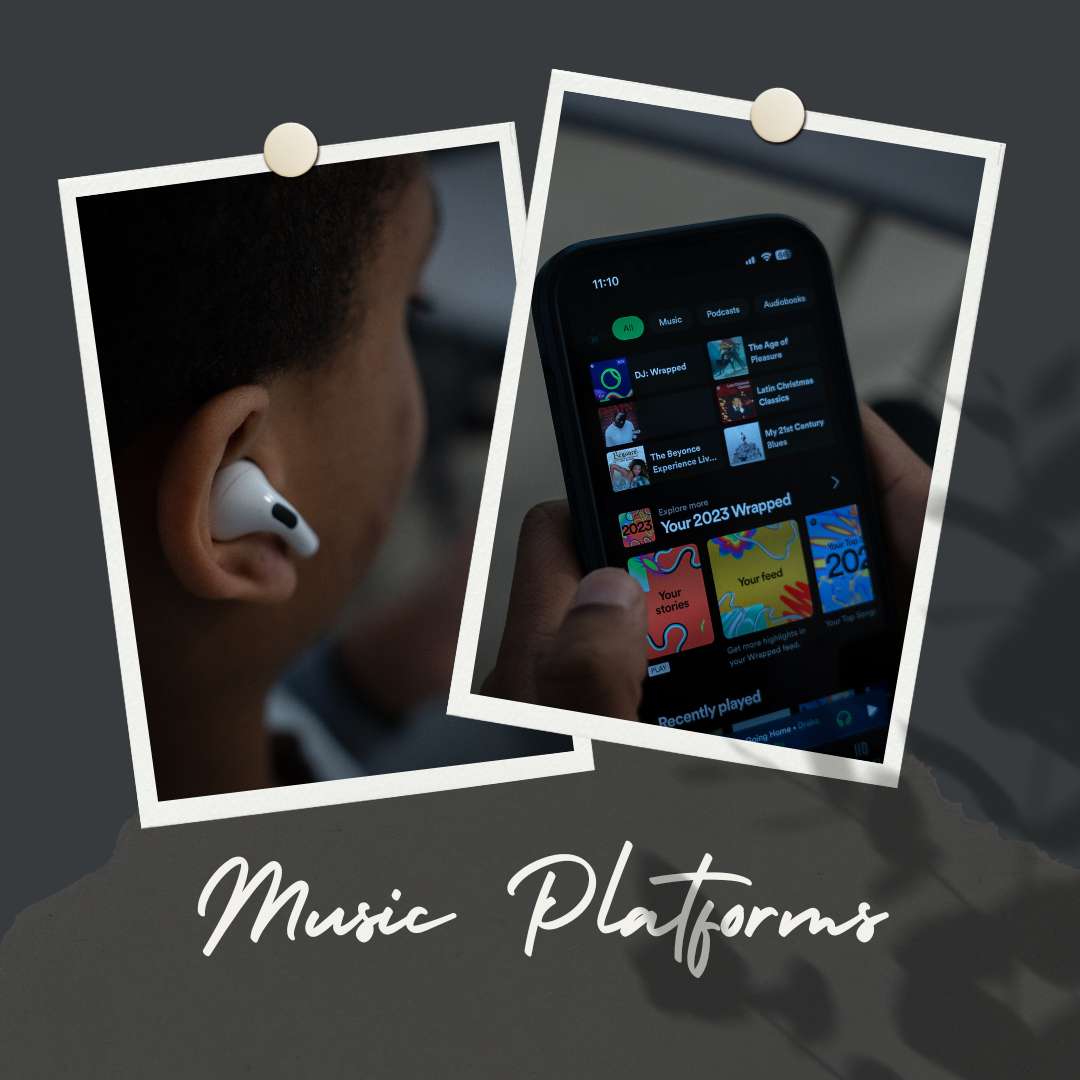
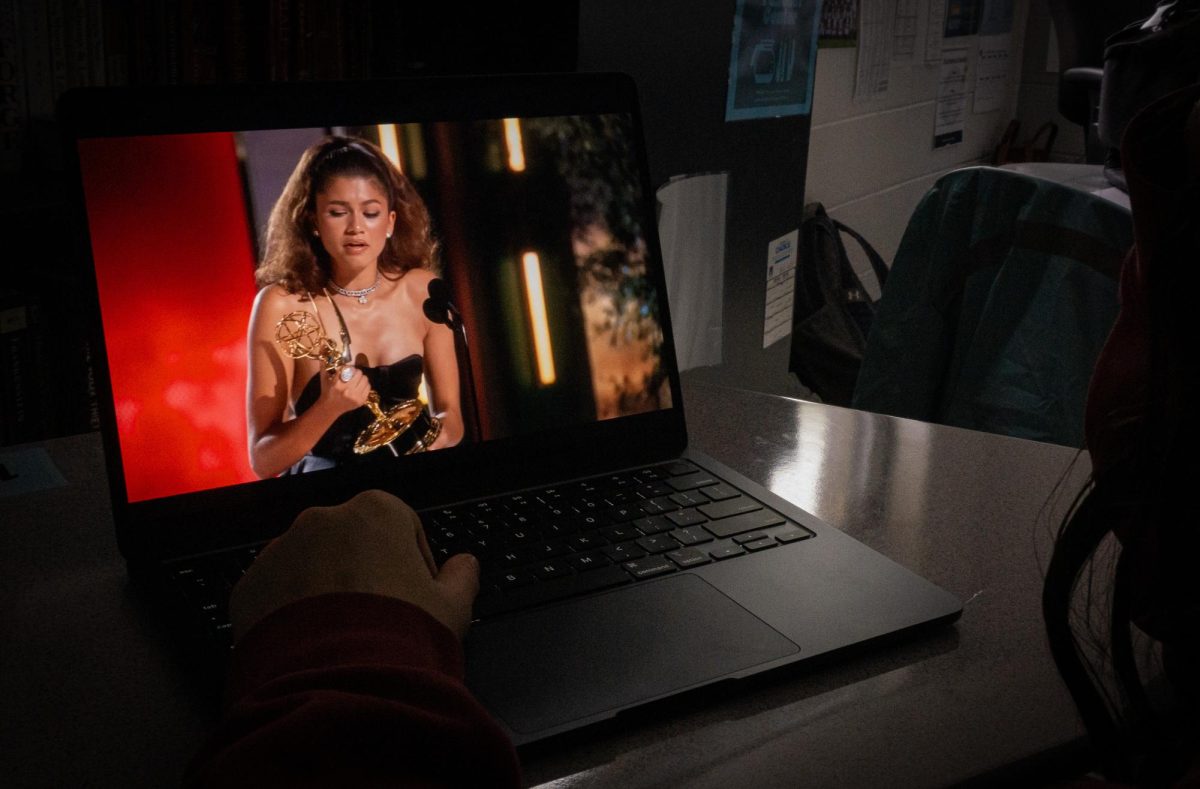
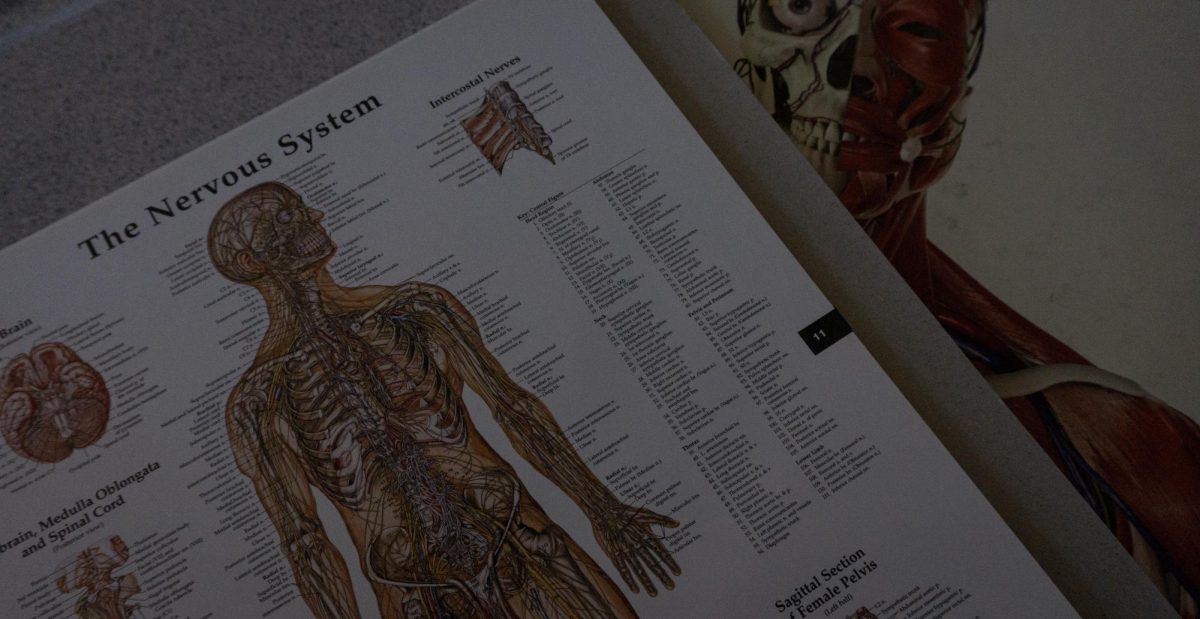
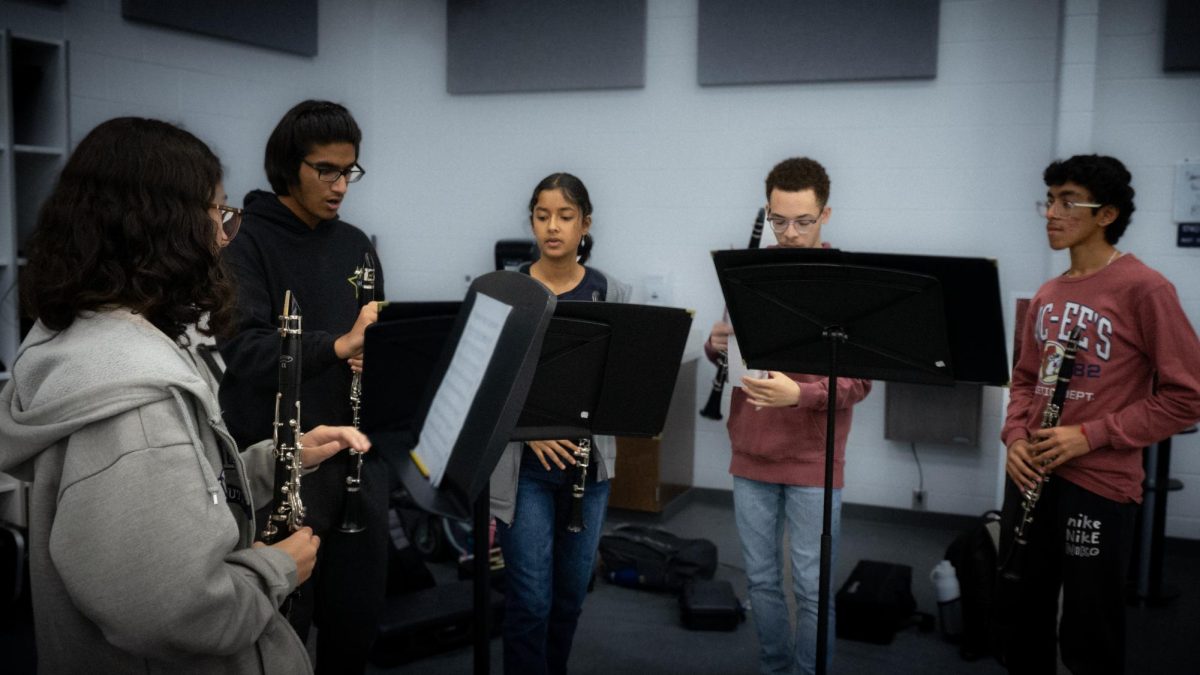

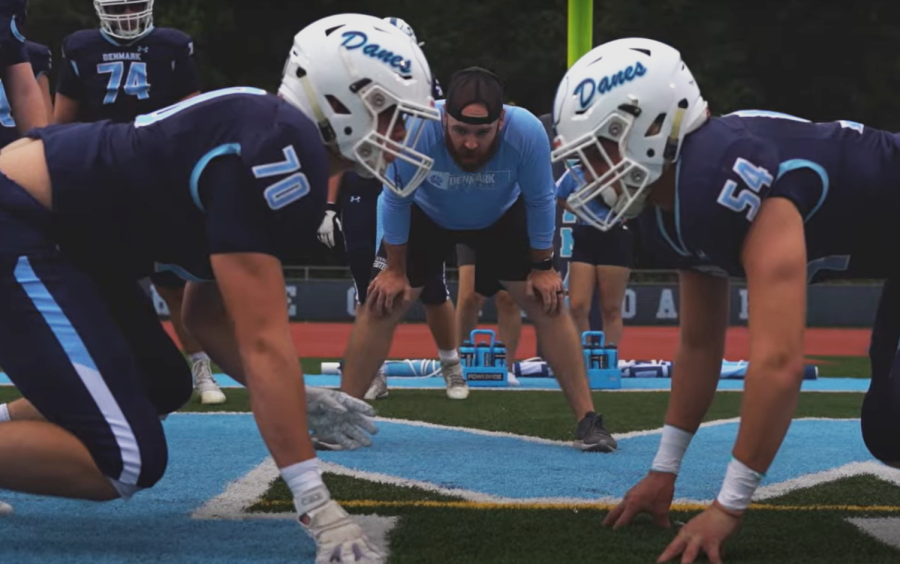
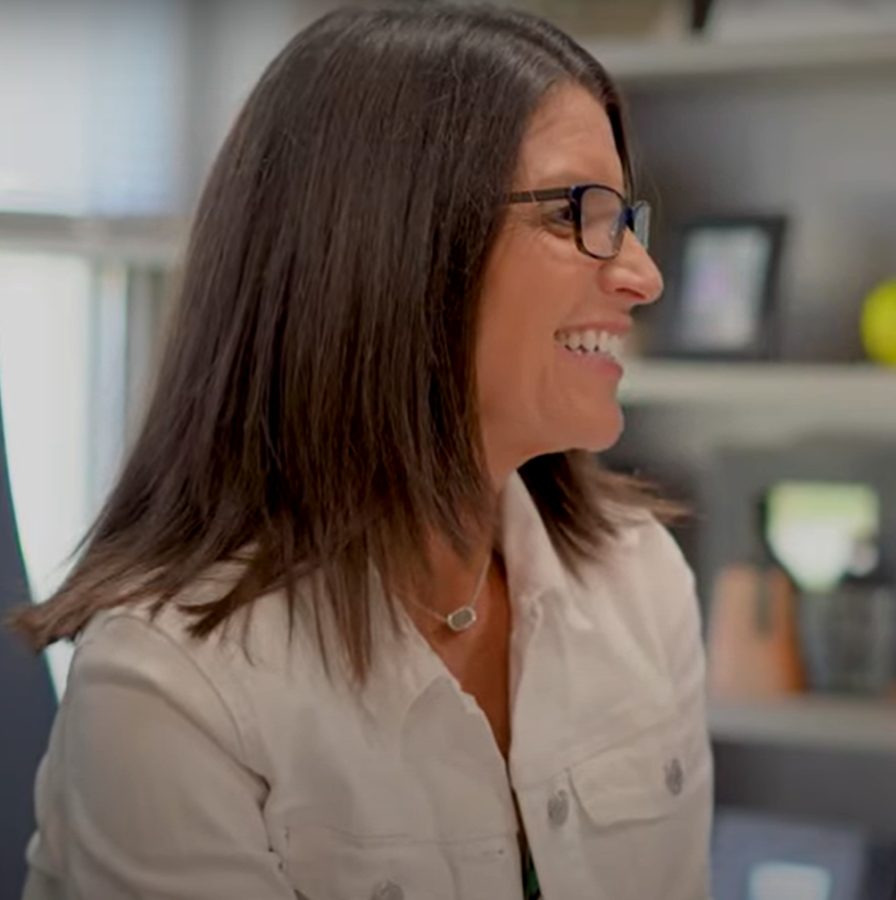
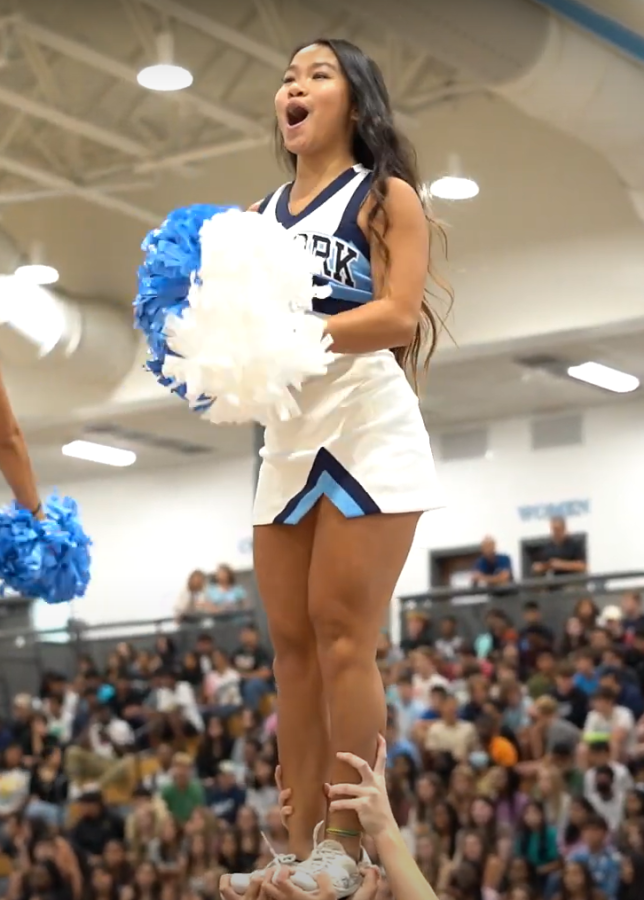
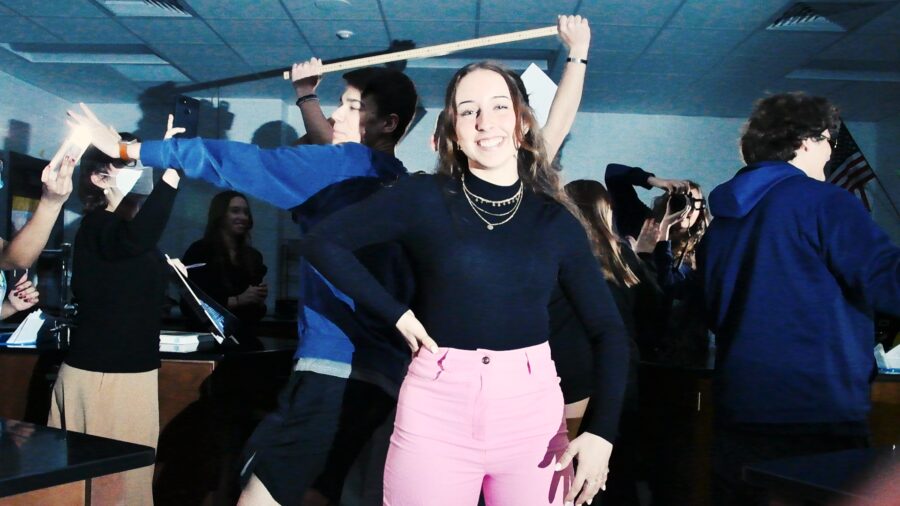

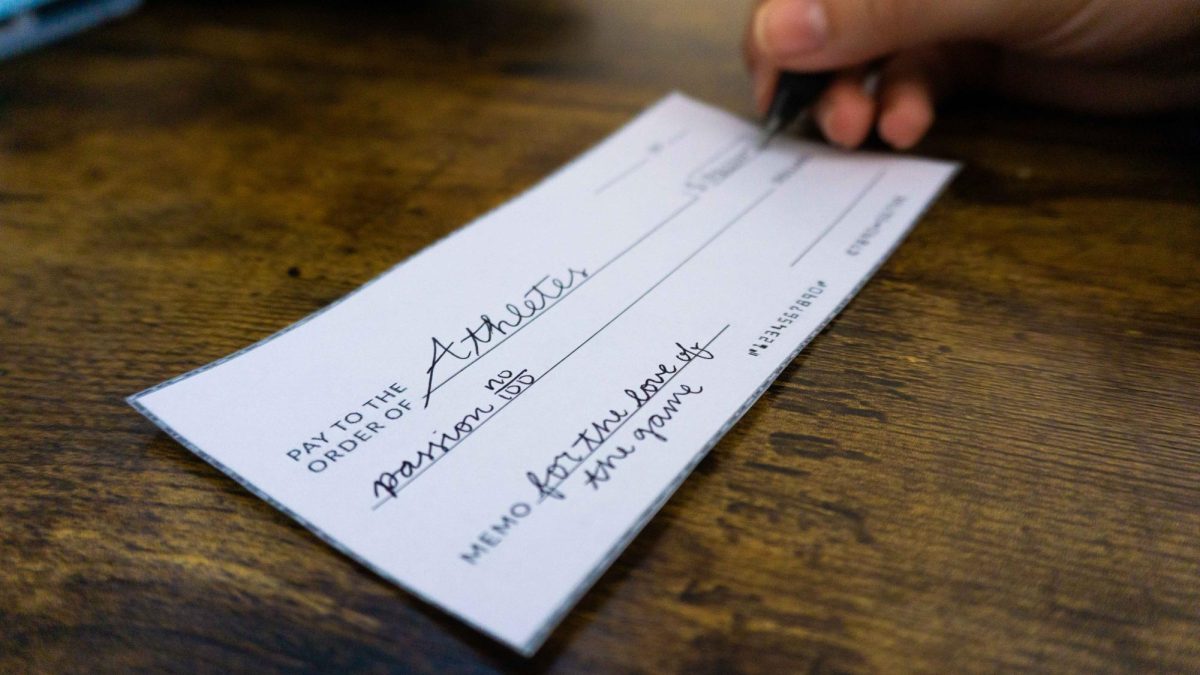
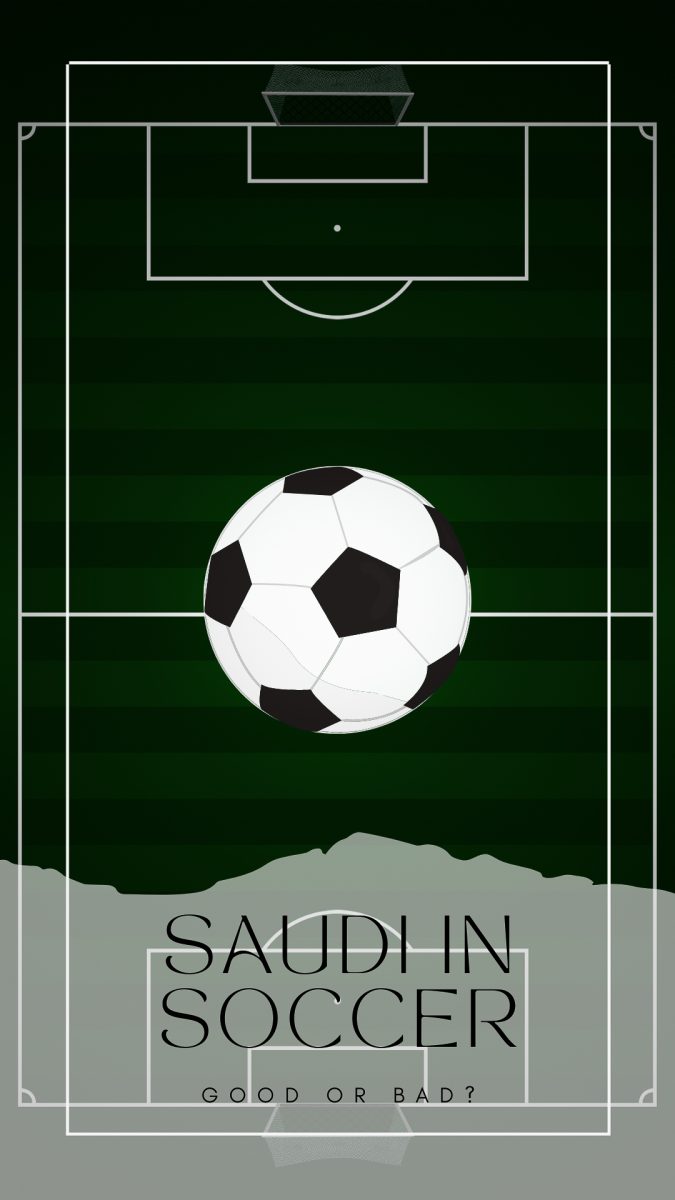
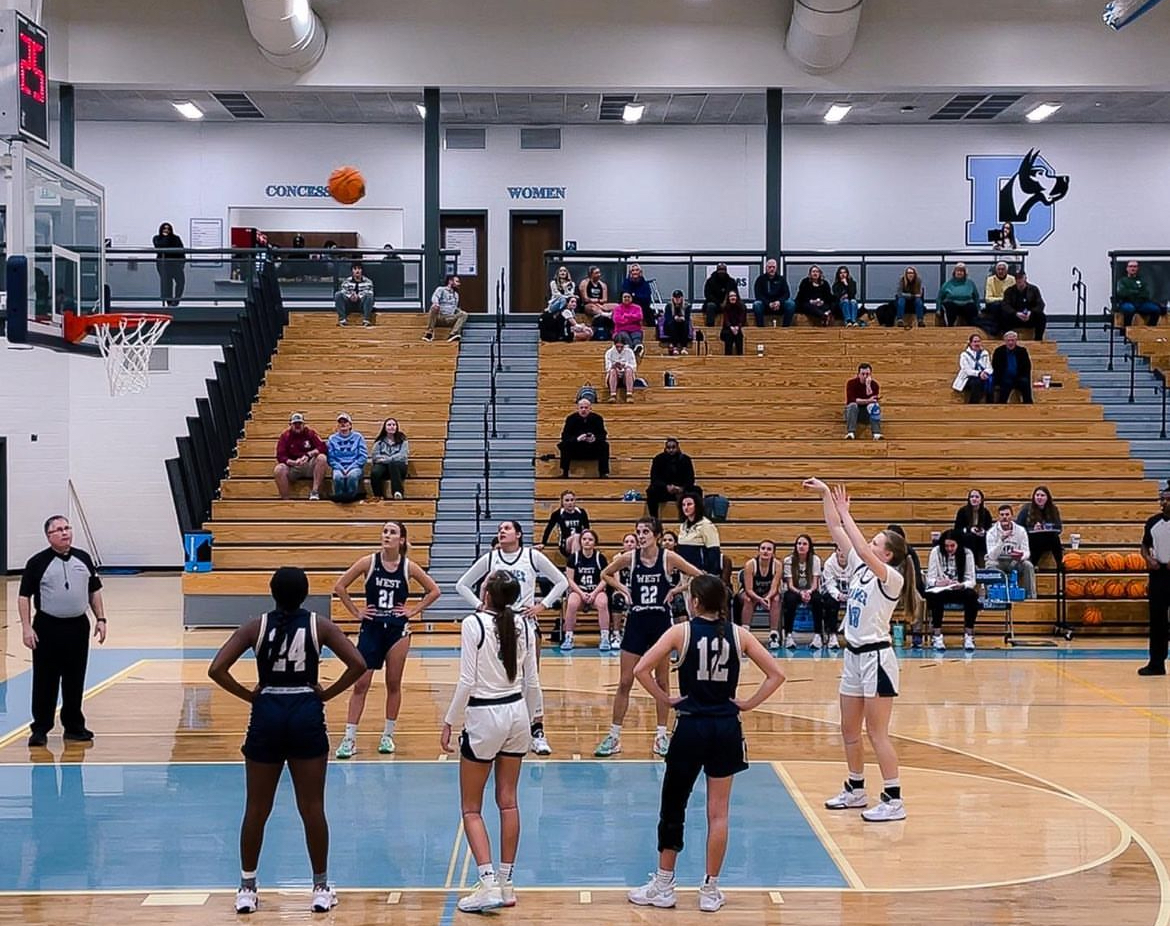




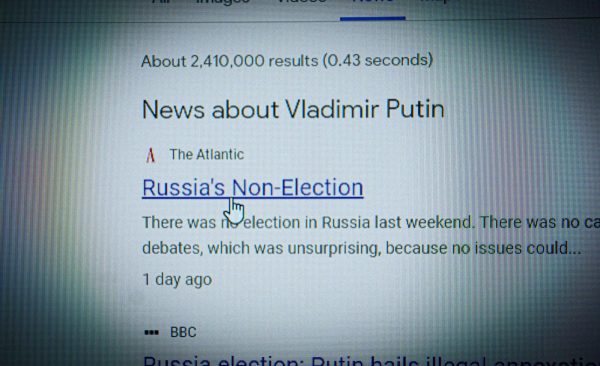
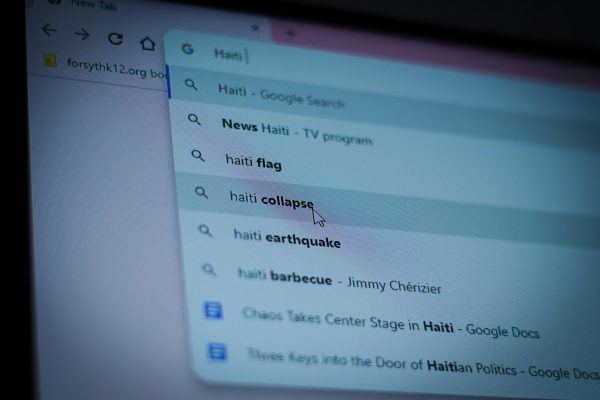
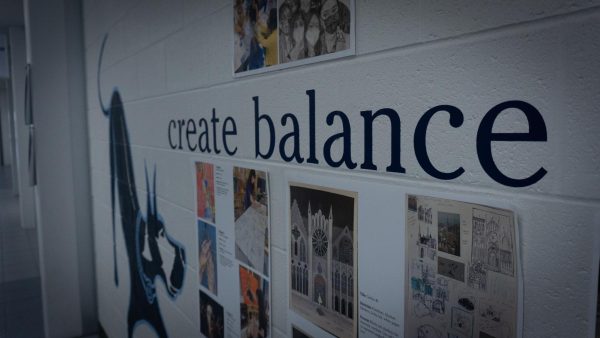
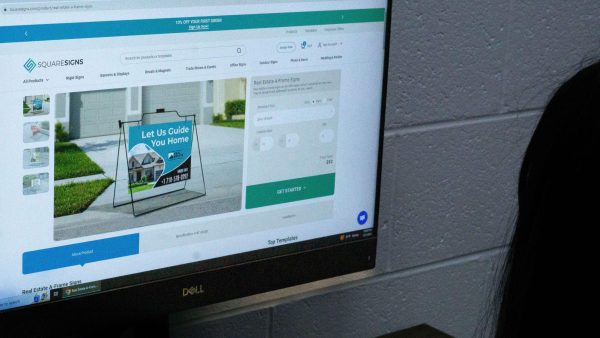
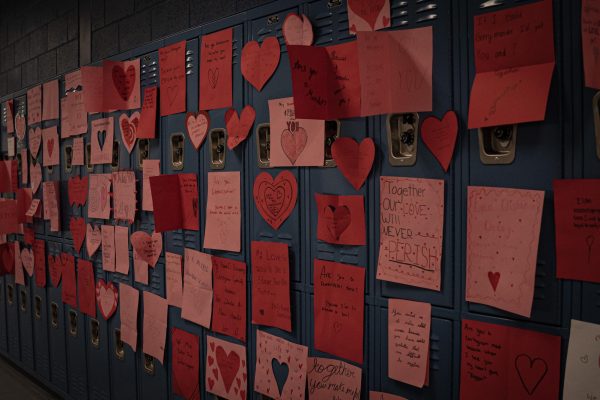

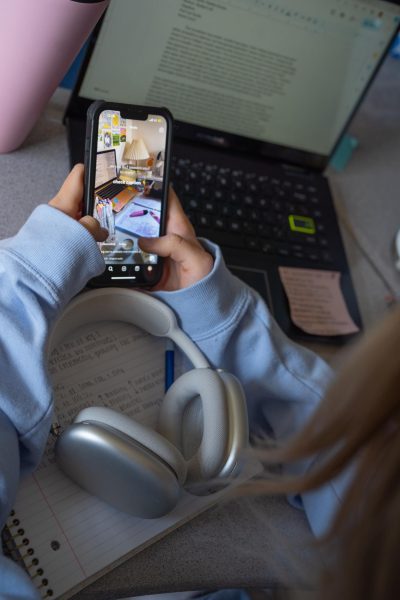
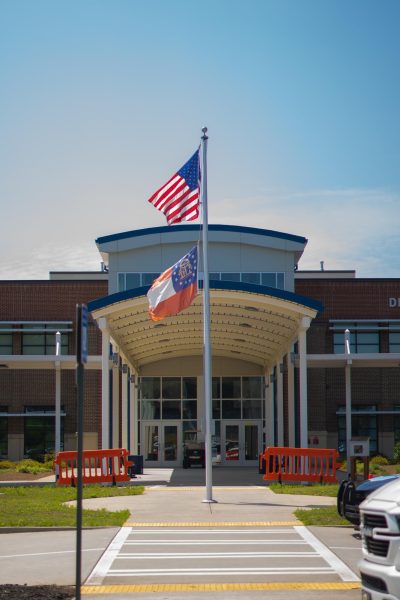




Martha Barker • Oct 1, 2022 at 11:25 am
Fantastic and well researched article Bryn. I know this piece took some time and though to compose. I especially loved the last paragraph as it is so true!
Receiving credit for learning nothing is what I call , THE DUMBING DOWN OF AMERICA. So proud of your work❤️